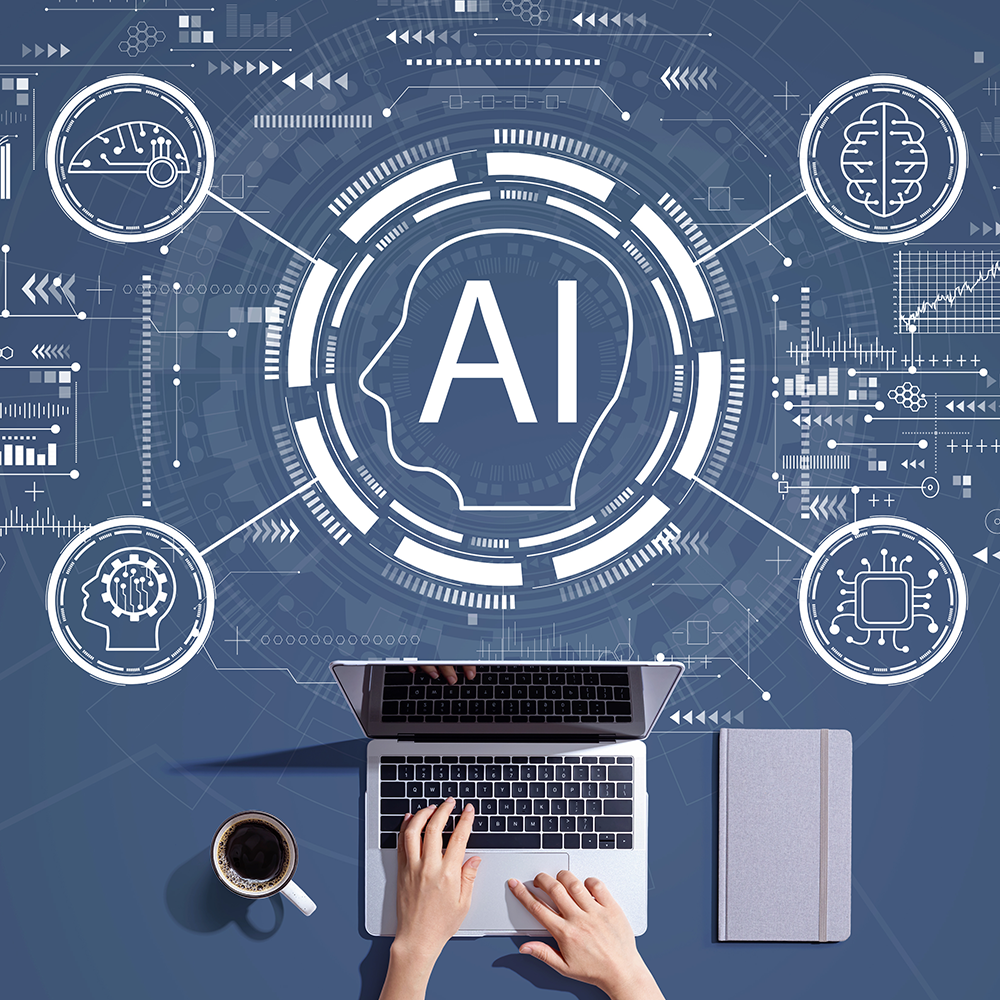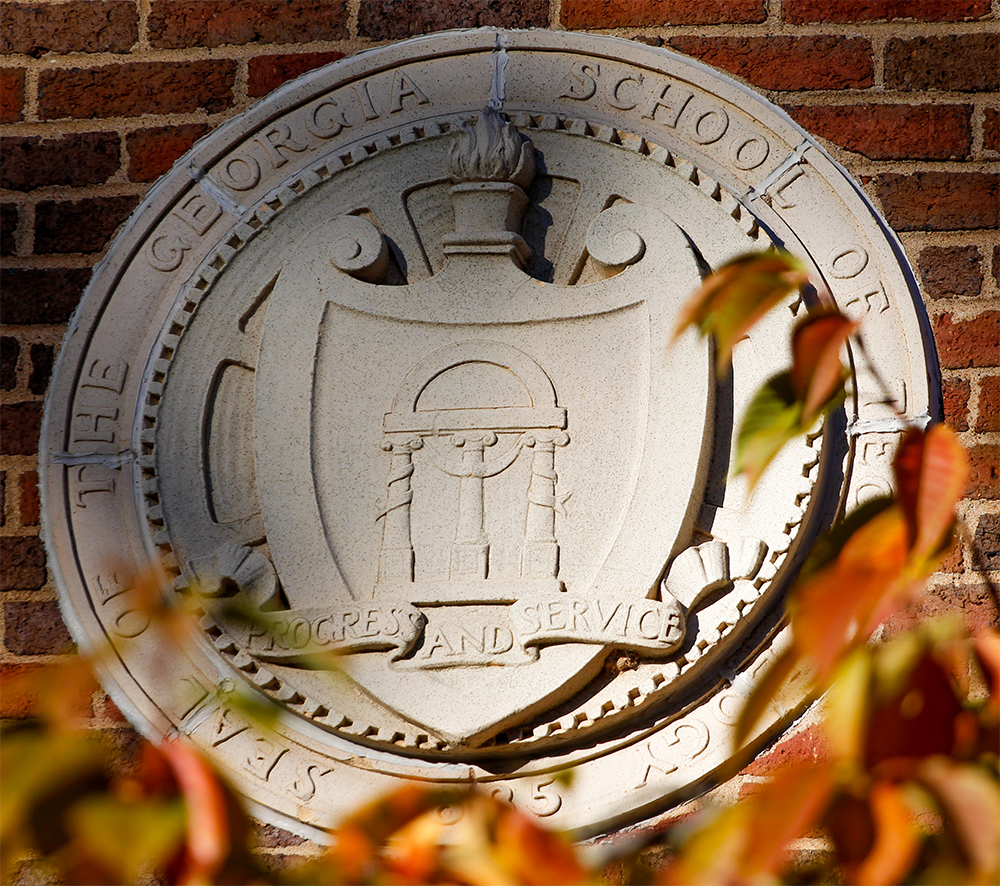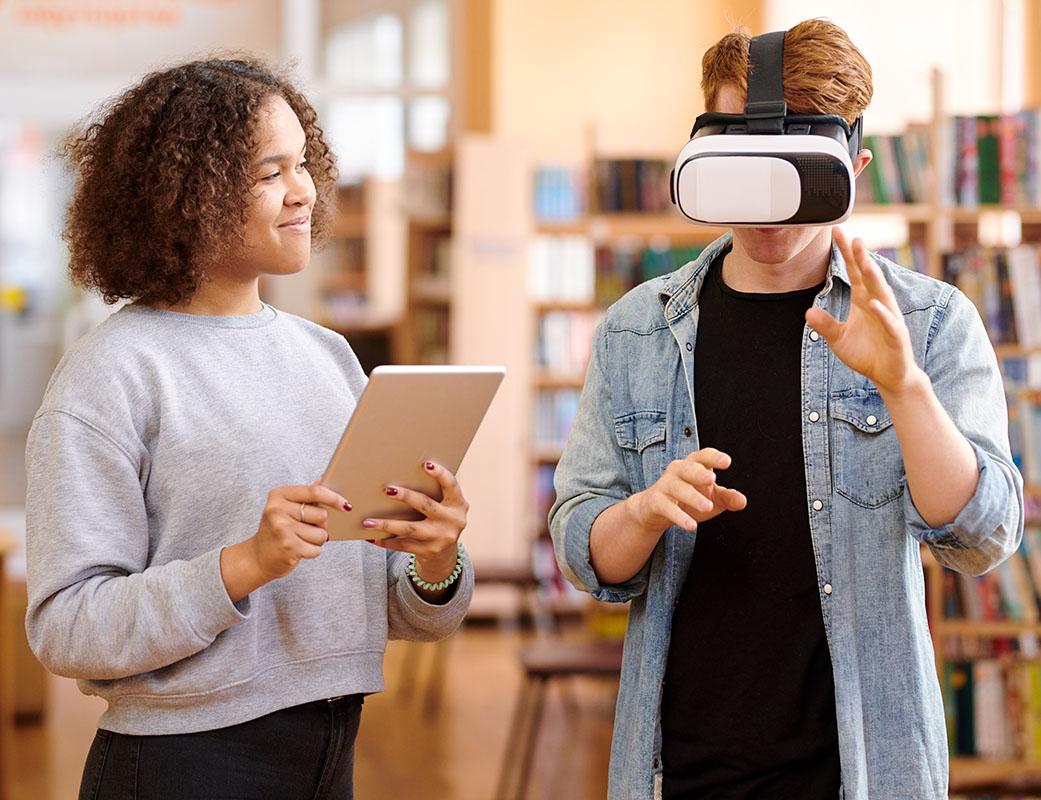C21U’s staff recognizes that research in innovative education takes many forms. We work with faculty members, staff, administrators, and students on answering both course- and program-level questions. We use qualitative and quantitative methods to gather the data needed to make informed decisions and illuminate Georgia Tech’s educational practices.
The mission of C21U research is to enhance the learner experience by using data to drive instructional action. Such learner experiences can range from incorporating new classroom technologies to blended learning environments (combining technology-based learning outside of class with project-based learning in class) to fully online courses taught on various online learning management systems such as Canvas, Coursera, and edX.
C21U has been instrumental in identifying, applying for, and implementing grant-funded projects; publishing articles, book chapters, and blog posts on the value of learning innovations; collaborating on presentations and lecture series; and managing protocols for Georgia Tech’s Institutional Review Board.
AI in Education
Artificial Intelligence (AI) can enhance education in numerous ways, such as providing personalized learning experiences, automating administrative tasks, improving student engagement, and facilitating data-driven decision-making. By leveraging the power of AI, educators can create more effective and efficient learning environments that better meet the needs of students and support their academic success.
- ChatGPT and Assessment in Higher Education
- Using Learning Analytics for Evaluating 21st Century Skills on Admission to Online Degree Programs. Findings were presented during the 2022 UPCEA South Region Conference.
- Influential Text-Based Features in Predicting Admission Status of Online Degree Applicants
- Predicting Applicant Admission Status for Georgia Tech's Online Master's in Analytics Program

Data-Driven Education
Learning Analytics for Lifelong Learning
C21U researchers actively conduct research that leverages various learning analytics and machine learning techniques using big learning data generated from different online learning environments designed for lifelong learning.
- Data Analytics Approaches to Understanding Student Enrollment and Learning Outcomes in an Online MicroMasters Program. Findings were shared during the 2023 OLC Innovate Education Reimagined Conference.
- Predicting Cognitive Presence in At-Scale Online Learning: MOOC and For-Credit OnlineCourse Environments
- Investigating Metacognitive Presence in a MOOC Course Environment. (Will be presented by Dr. Yilmaz Soylu at the 2023 DT&L and SOLA+R Conference.)
- Comparative Analysis of the Feature Extraction Approaches for Predicting Learners Progress in Online Courses: MicroMasters Credential versus Traditional MOOCs
VIP: Data-Driven Education
C21U researchers, with the support of a Vertically Integrated Projects team and C21U Graduate Research Assistants, analyze large-scale data sets on millions of learners enrolled in Georgia Tech's online courses. These data sets include clickstream, event type, and discussion forum data, which are used to determine behavioral patterns and improve the instructional design of the courses. In addition, the team has been focusing on the role and integration of AI into education to enhance students' learning experiences. The team has been exploring ways to incorporate AI into online courses to provide personalized learning paths and better student feedback.
Interdisciplinary STE(A)M Education
Collaborative Research
The C21U research team often collaborates with faculty from diverse disciplines on interdisciplinary STE(A)M research, including:
- Relating Neural Mechanisms for Learning to Instructional Events in Online Learning Environments. In collaboration with researchers from Georgia Tech's School of Psychology, the ongoing work was presented at the 2022 International Mind, Brain, and Education Society (IMBES) Conference.
- An exploration of incorporating visual art activities into a STEM course (i.e., STEAM) that would help enhance students' creativity and problem-solving, both of which exemplify 21st-century skills. The research was done in collaboration with faculty in Civil Engineering; this paper is currently under review.
- Development of an innovative leadership training module for the OMSA program in collaboration with Industrial and Systems Engineering, Materials Science and Engineering, and Business professors.

Survey Instrument Development
In addition to regular demographic and learner experience surveys that are administered to Georgia Tech’s online learners, C21U researchers work with faculty to develop and administer surveys that address course-specific outcomes as well as the impact of course delivery methods such as recent emergency remote teaching due to the COVID-19 pandemic.
VR in Education

The C21U research team has been studying the impact of prior Virtual Reality (VR) experiences and individual factors on the perceptions and anticipations of using VR for educational purposes among students and instructors. They also have been conducting projects that utilize AI tools and methodologies. By exploring these areas, the team aims to comprehensively understand the attitudes toward integrating VR technology in education and provide insights for future research in this domain.
Some of the outcomes of these projects can be seen below.
(text and background only visible when logged in)
Partnerships, Collaborations & Consultations
C21U is always seeking research partnerships and collaboration opportunities inside and outside the Georgia Tech community. If you would like a research consultation or to submit news about a recent grant or proposal you've won, please send all relevant information to Jonna Lee.
